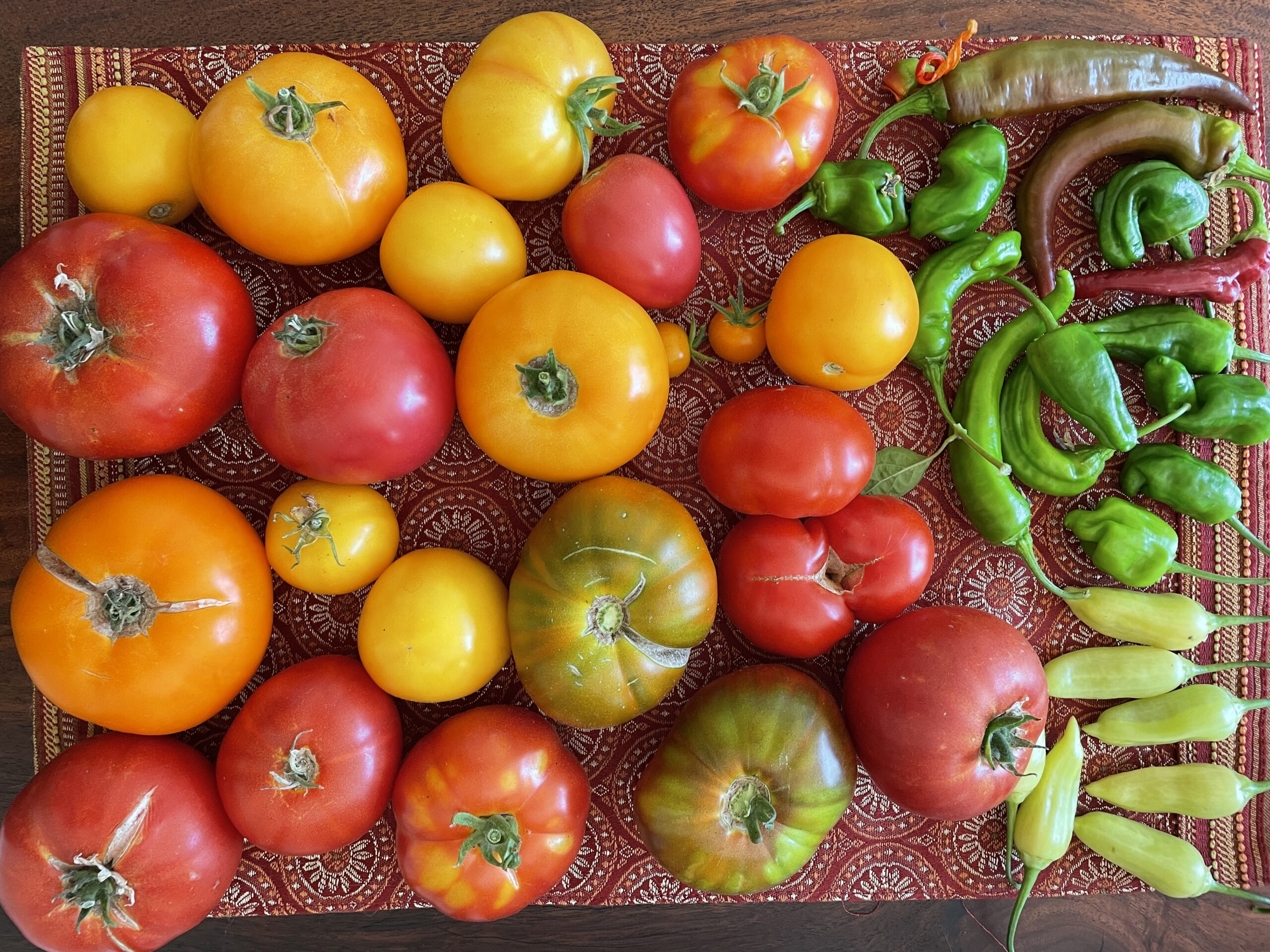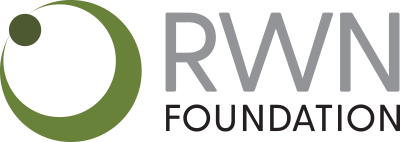
Health Equity
Funding Area / Health Equity
Our founder Dr. Ron Naito devoted his career to treating the whole patient. Accordingly, we embrace the World Health Organization’s definition of health: “Health is a state of complete physical, mental and social well-being and not merely the absence of disease or infirmity.”
We see significant intersection between this funding priority and our other priorities – all connected by healing. For our health equity funding area, we seek applications from organizations or initiatives that work to improve health outcomes, decrease health inequities, and increase individual and social well-being.
This includes (but isn’t limited to) organizations that:
- Increase historically marginalized communities’ access to sustained health care either internationally or domestically, including both frontline service providers and initiatives that advocate for policy or market reforms.
- Focus on lasting health outcomes, such as eyesight restoration, disability supports, eldercare advocacy, reproductive justice, trans health, and other health interventions that impact individuals’ long-term capacity to thrive.
- Increase equitable, sustainable access to healthy foods, including sustained nutritional interventions, nutritional policy, and food sovereignty and systems initiatives.
- Improve health outcomes through clean air, water, hygiene, and anti-toxin/-pollutant advocacy, policy, and frontlines interventions.
- Provide ongoing support and empowerment to people experiencing violence, displacement, poverty, and other traumas.
- Combat misinformation contributing to adverse health outcomes.
- Diversify participation in health research, policy, and medical care to advance more equitable health outcomes.
What we don’t fund:
- Medical, pharmaceutical, or medical technology research and development or usage expansion, including the promotion or use of emerging or alternative medical treatments.
- Prognosis-specific research and support organizations (eg. cancer, Parkinson’s).
- Clean water or anti-toxin initiatives that affect only one watershed or community.
- Animal rescue or therapy (despite our love for them!).
- Hospital systems and their affiliate clinics or provider groups. Note: we will consider applications from stand-alone 501(c)3 community clinics or clinic groups.
- New: One-time or limited-time enrichment activities for people with medical needs.
- New: Disaster relief and medical transport.
- New:* Emergency/frontlines hunger relief, including soup kitchens and meal delivery, and housing initiatives, including temporary shelter, recovery/sober housing, foster care, and housing capital projects.
Note: we will continue to support organizations that include frontlines food and housing within a suite of wraparound services aimed at providing longer-term solutions, as well as housing and hunger-related advocacy, policy, resilience, and sector capacity-building organizations. We will also continue to fund post-carceral, culturally-specific transitional housing. - New: Orphanages and other school/congregate-housing facilities.
We don’t fund these areas not because we don’t value them, but because either: 1) we have determined that we can’t fund sufficiently broadly to be equitable or effective; or 2) we feel like other funders, with larger assets or more expert staff, are better placed to support this work. We recognize that many of you are working to save lives and create thriving communities, and we are tremendously grateful for your work even if you are not currently eligible for our funding.
Please review our grants overview and general eligibility criteria. We also recommend you explore our grants history for examples of previous initiatives funded. If you are not eligible for our Health Equity funding priority, you might check out our Sustainable Communities and Climate pages: something that may not seem like a good fit here may be a good fit elsewhere. Thank you for your consideration.
*January 2025 Update…and Looking Ahead
Recent cycles have demonstrated that we do not have the capacity to fund frontlines food and housing provision, save occasionally where those interventions are paired with more sustained solutions.
Our last few cycles have also featured an overwhelming number of applications from local organizations that support:
– Survivors of child abuse and neglect
– Survivors of domestic and sexual violence
– People with mental health or substance use needs
– People in need of hospice care
We may soon reach a point where we will need to step back from funding frontlines local interventions in these areas, simply because we can’t afford to fund every local provider and don’t have the knowledge to equitably prioritize one community over another. However, these remain very important sectors to us. If we need to implement restrictions on frontlines local organizations in our next cycle, we will continue to fund prevention, convening, sector capacity building, advocacy, and policy-focused initiatives in these areas.
If you are a past grant recipient and are concerned about these potential changes, please reach out.
